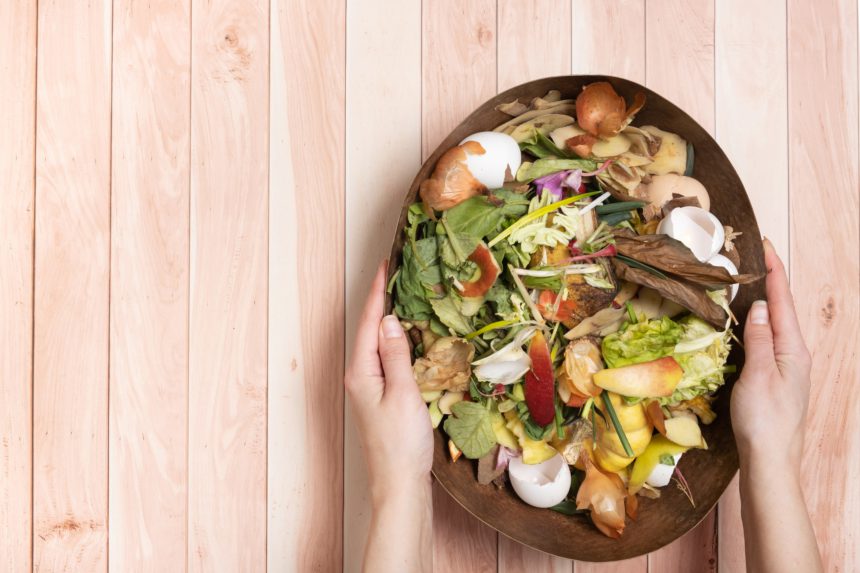Learn How to Make Quality Compost at Home to Naturally Nourish Your Plants
Composting is an age-old practice that transforms organic waste into a nutrient-rich soil amendment. By learning how to make quality compost at home, you can not only reduce waste but also provide your plants with the essential nutrients they need to thrive. This article will guide you through the composting process, the benefits of compost, and tips for creating the best compost possible.
The Benefits of Composting
Composting offers numerous advantages for both the environment and your garden. Here are some key benefits:
- Reduces Waste: Composting diverts organic materials from landfills, reducing methane emissions and conserving landfill space.
- Nutrient-Rich Soil: Compost enriches the soil, improving its structure, aeration, and moisture retention.
- Cost-Effective: By using compost, you can reduce the need for chemical fertilizers, saving money in the long run.
- Supports Biodiversity: Compost encourages beneficial microorganisms and earthworms, which contribute to a healthy ecosystem.
Understanding the Composting Process
Composting is a natural process that involves the decomposition of organic materials. To create quality compost, you need to understand the key components involved:
- Green Materials: These are nitrogen-rich materials such as fruit and vegetable scraps, grass clippings, and coffee grounds.
- Brown Materials: These carbon-rich materials include dried leaves, straw, cardboard, and wood chips.
- Water: Moisture is essential for the decomposition process, but too much water can lead to anaerobic conditions.
- Air: Aeration is crucial; turning the compost pile regularly helps maintain aerobic conditions, speeding up decomposition.
Steps to Create Quality Compost at Home
Creating compost at home is a straightforward process. Follow these steps to ensure you produce high-quality compost:
1. Choose a Compost Bin
Select a compost bin that suits your space and needs. Options include:
- Open piles for larger spaces
- Enclosed bins for smaller yards
- Worm bins for indoor composting
2. Gather Your Materials
Collect a mix of green and brown materials. Aim for a ratio of about 2:1 brown to green materials for optimal results.
3. Layer Your Ingredients
Start with a layer of coarse materials (like straw) at the bottom for aeration. Alternate layers of green and brown materials, ensuring even distribution.
4. Maintain Moisture and Aeration
Keep the compost pile moist but not soggy. Turn the pile every few weeks to introduce air and speed up decomposition.
5. Monitor the Temperature
A well-maintained compost pile will heat up as microorganisms break down the materials. Aim for a temperature between 130°F and 160°F (54°C to 71°C) to kill pathogens and weed seeds.
Common Mistakes to Avoid
While composting is relatively simple, there are common pitfalls to watch out for:
- Imbalance of Materials: Too many greens can lead to a smelly pile, while too many browns can slow down decomposition.
- Neglecting Aeration: Failing to turn the pile can result in anaerobic conditions, leading to odors and slow decomposition.
- Adding Non-Compostable Items: Avoid adding meat, dairy, and oily foods, which can attract pests and create odors.
Case Studies and Statistics
According to the Environmental Protection Agency (EPA), composting can divert approximately 30% of waste from landfills. A study conducted by the University of California found that home composting can reduce household waste by up to 50%. These statistics highlight the significant impact that composting can have on waste reduction and environmental sustainability.
Conclusion
Composting at home is a rewarding and environmentally friendly practice that benefits both your garden and the planet. By understanding the composting process, following the steps outlined, and avoiding common mistakes, you can create high-quality compost that nourishes your plants naturally. Not only will you reduce waste and save money, but you will also contribute to a healthier ecosystem. Start your composting journey today and watch your garden flourish!
